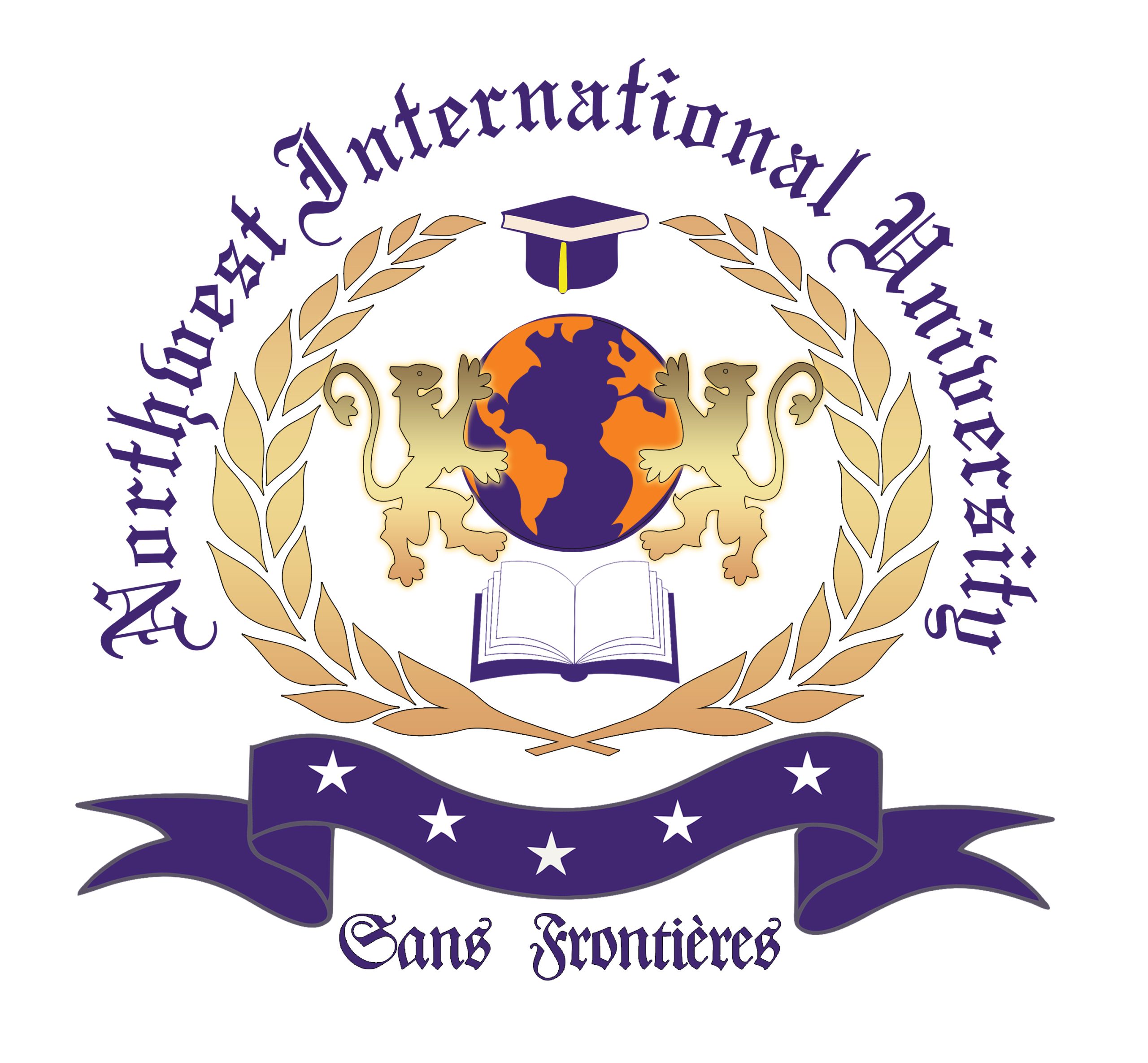Research
Research comprises creative and systematic work undertaken to increase the stock of knowledge, including knowledge of humans, culture, and society, and the use of this stock of knowledge to devise new applications. It is used to establish or confirm facts, reaffirm the results of previous work, solve new or existing problems, support theorems, or develop new theories. A research project may also be an expansion of past work in the field. Research projects can be used to develop further knowledge on a topic, or, in the example of a school research project, they can help further a student’s research prowess to prepare them for future jobs or reports. To test the validity of instruments, procedures, or experiments, research may replicate elements of prior projects or the entire project.

The primary purposes of basic research (as opposed to applied research) are documentation, discovery, interpretation, or research and development (R&D) of methods and systems for advancing human knowledge. Approaches to research depend on epistemologies, which vary considerably within and between the humanities and sciences. There are several forms of research: scientific, humanities, artistic, economic, social, business, marketing, practitioner research, life, technological, etc. As evident by their title, researchers’ main duty is to research. Using various methodologies and sources, researchers must be able to obtain recent and relevant data for the research purposes.

The way they approach this will differ depending on the type of researcher they are. Medical and scientific researchers often create and administer experiments to obtain data, while a market researcher may analyze sales trends and numbers. Most researchers utilize the internet to conduct some research, while others seek out peer-reviewed essays and articles. Researchers may interview subjects, scan databases, or locate rare texts to get the information they seek. The methods abound, and most researchers will use a variety of them throughout their careers.
The prime mission of private and state flagship research universities is to generate research and produce graduate students. Working as a researcher is exciting and rewarding, but it can also be demanding, especially if you are an early-career researcher or have family responsibilities. With your time at a premium, ready access to relevant information about career management and related topics is essential.

Research Policy
Northwest International University Policy on International Linkage research Agreements:
This policy outlines the principles and procedures governing the establishment of international linkageresearch agreements.
This policy applies to all international linkages that require formal agreements at the level of the institution or its administrative units.
- a) “Approval Officer” means the university administrator who approves a formal international linkage. This may be a dean, director, Vice-President, or the President.
- b) “Formal International Linkage” means a legal inter-institutional agreement between the NWIU (or any of its administrative units) and a university, government, institution, or agency in another country involving the commitment of institutional resources in such matters as collaborative research, joint academic and scholarly activities, exchange of publications, student and/or staff exchange programs, and collaborative degree programs. Doubts about whether a formal agreement is required are to be resolved by the Vice-President Research & International (delegated to the Executive Director of the International Centre).
c) “Informal International Linkage” means a collegial relationship across international boundaries among individual faculty members, administrators, and/or students that involves no commitment of
University Policy
University Procedure
Instructions/Forms
d) “Institutional Resources” refers to the resources of the Northwest International University and its administrative units considered as institutional entities. “Institutional resources” include not only human and financial resources, but courses, academic programs, degrees, diplomas, and the like.
e) “Proponent” means the Northwest International University administrative unit(s) proposing a formal international linkage.

Research Policy Statement
Informal international linkages are a common, natural, and desirable feature of academic life, and are often sufficient to achieve the desired collaborative goals.
Formal international linkages should be considered only when necessary to provide the framework and support activities/programs for commitments of institutional resources. In such cases, duplication and redundancy in formal international agreements should be avoided to maintain efficiency and clarity in institutional relationships.
Proponents of any formal international linkage must demonstrate the value of the relationship and ensure the availability and appropriateness of institutional resources for its implementation.
Formal international linkages are approved by the relevant approval authority, which is typically determined by the Vice-Provost (Research) or their designate, in consultation with General Counsel and other stakeholders when necessary. For academic programming matters, the approval authority is the Provost and Vice-President (Academic) or their designate.
The Executive Director of the International Centre is responsible for ensuring that all formal linkage agreements are reported to the Provost and Vice-President (Academic) and the Vice-Provost (International).
Responsibilities
The university is committed to maintaining transparency, consistency, and academic value in managing its international partnerships. The responsibilities related to this policy are distributed among several key roles:
The Approval Authority is responsible for overseeing the development or revision of this policy, ensuring it meets the necessary academic standards and institutional needs.
The Approval Officer must evaluate whether the proposed international partnership aligns with the university’s academic and strategic goals. This includes confirming the availability of necessary institutional resources, ensuring legal agreements or memoranda of understanding (MOUs) are properly prepared, and obtaining the required signatures.
The Executive Director of the International Center plays a central role in coordinating formal agreements. This includes creating and updating agreement templates and checklists, collaborating with departments on proposals, leading the process of identifying the appropriate approval authority, coordinating with legal counsel, and submitting finalized proposals. Once approved, all agreements are reported to the Vice-Provost (International) and the Provost and Vice-President (Academic).
The Implementation Authority is responsible for communicating the policy across the university, monitoring compliance, and ensuring that practices align with established procedures. This role also includes initiating updates to the policy and its procedures as needed to reflect evolving institutional priorities.
Fundamental of Northwest International University Researches
All research conducted at Northwest International University (NWIU) aligns with the mission of documenting and studying international non-profit organizations and their key concerns. This section outlines the main pillars of NWIU’s research efforts, offering insight into various areas that are further explored in specialized departments.

NWIU plays a leading role in:
Classifying and documenting international organizations: This includes profiling international non-governmental organizations (INGOs) and intergovernmental organizations (IGOs), highlighting their missions, activities, and contact details. This work contributes to the Yearbook of International Organizations, a comprehensive database managed in collaboration with the Union of International Associations (UIA).
- Legal frameworks and operational contexts: Research also covers the legal status of these organizations and the environments in which they operate, helping to better understand global civil society.
- Tracking trends in international civil society: NWIU analyzes emerging patterns, challenges, and transformations within global non-profit communities.
- Biographical studies of organization leaders: The university maintains detailed records and biographies of key figures involved in international associations.
- Sustainable communities and transformative conferencing: Research also extends to how international organizations contribute to sustainable development and host effective, change-driven conferences.
The classification of such a diverse array of organizations presents a challenge. NWIU has therefore developed a specialized system to categorize types of international organizations and their interdisciplinary functions. This system is also reflected in a subject matrix that helps users navigate the breadth of global NGO activities.
Trends in International Civil Society
As part of its ongoing work in documenting international organizations, Northwest International University (NWIU) conducts extensive research and analysis on emerging trends in global civil society. These trends are tracked and illustrated through the Yearbook of International Organizations, which monitors changes in geographic distribution, thematic interests, and operational scopes of civil society actors worldwide. The Yearbook provides both statistical overviews and visual representations to offer deeper insights into the evolution of these organizations.
Additional in-depth analysis has been carried out through Transnational Associations, the former scholarly journal of NWIU. This publication served as a platform for critical reflection and discussion on the growing influence of non-state actors—particularly non-governmental organizations (NGOs)—within the international system. It explored the philosophical, political, economic, and cultural dimensions of global civil society through an interdisciplinary lens, contributing to a nuanced understanding of these complex dynamics.
NWIU also undertakes digital tracking of civil society activity by cataloging websites and online resources related to international organizations. This includes maintaining a curated link directory with selected references to global NGOs and web-based materials, further supporting scholars, researchers, and the broader public in accessing reliable, up-to-date information on civil society worldwide.
Legal Status of International Organizations
One of the key research areas at Northwest International University (NWIU) is the legal framework governing international organizations. This area of study focuses on understanding the legal status under which both intergovernmental and non-governmental organizations operate globally. NWIU investigates the legal recognition, rights, obligations, and privileges granted to these organizations by national and international legal systems, as well as the challenges they face in securing consistent legal status across borders. This research provides valuable insight into how legal environments impact the formation, functioning, and effectiveness of international organizations in achieving their missions.
Published Articles of Northwest International University in Renowned International Journals
At Northwest International University, research stands as a cornerstone of our academic mission. Through a commitment to excellence, innovation, and impact, our scholars have published high-quality articles in prestigious, peer-reviewed international journals.
These publications reflect our interdisciplinary approach, global perspective, and dedication to addressing today’s most pressing academic, social, and technological challenges. Covering a wide array of fields—from humanities and social sciences to engineering, IT, education, healthcare, and sustainable development—our research contributes meaningfully to the global body of knowledge.
Click on the purple boxes below to view the list of published articles and explore them.
